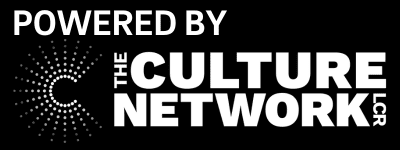Launched last year with DIVA, Lesbian Visibility Week has its roots in Lesbian Visibility Day, which is celebrated on 26th April each year.
There isn’t much information out there about the origins of Lesbian Visibility Day, other than it first started in 2008. It was designated as a day to shine a light on on women who love women, celebrate lesbian role models and recognise diversity amongst lesbians, as well as helping to raise awareness, educate and inform about the experiences of lesbians, so people can become better allies and create a more welcoming environment.
DIVA’s Lesbian Visibiity Week takes this intention and extends it, stating on its website that the week “aims to show our solidarity with every woman within the LGBTQI community, as well as celebrate lesbians. It is essential that Lesbian Visibility Week is a voice for unity and lifts up ALL women, especially those who come from marginalised communities.”
With gay women almost twice as unlikely to be out in the workplace as gay male colleagues (Pride Matters survey 2018) and the wider impact of the pandemic on the LGBT+ community, Lesbian Visibility Week has never been more vital.
THE LESBIAN PRIDE FLAG
Several versions of the Lesbian Pride Flag exisit. While no one design has been widely adopted, one of the most commonly used is a 2018 adaptation of the Lipstick Lesbian Flag, which was designed by Natalie McCray in 2010.
McCray’s version was intended to celebrate femme lesbians and featured a red kiss superimposed on six shades of red and pink colors with a white bar in the centre, but is considered controversial due to lack of inclusivity.
The new 2018 version added colors to celebrate gender non-conformity, independence, community, unique relationships to womanhood, serenity and peace, love and sex, and femininity.
LESBIAN VISIBILITY WEEK – GETTING INVOLVED
Whether you are part of the community or an ally, there are ways you can support Lesbian Visibility week. You can explore activities taking place throughout the week and educate yourself by attending or engaging with content about them – there’s a full list here.
Celebrate lesbian role models and share their content throughout the week, stay informed on issues affecting the community, speak up against homophobia and homophobic comments or behaviour and support equality policies in your school, work and places of leisure.

